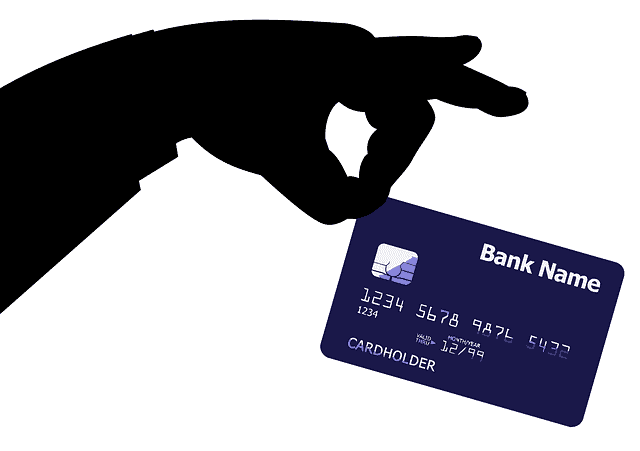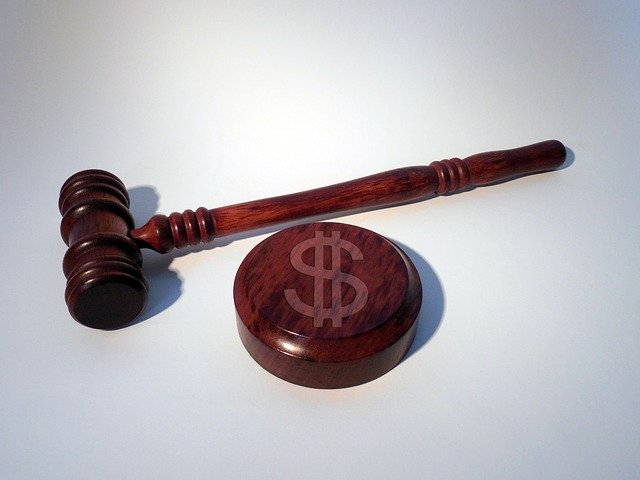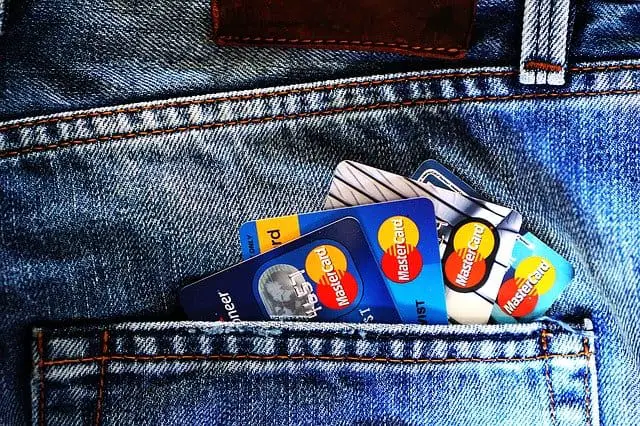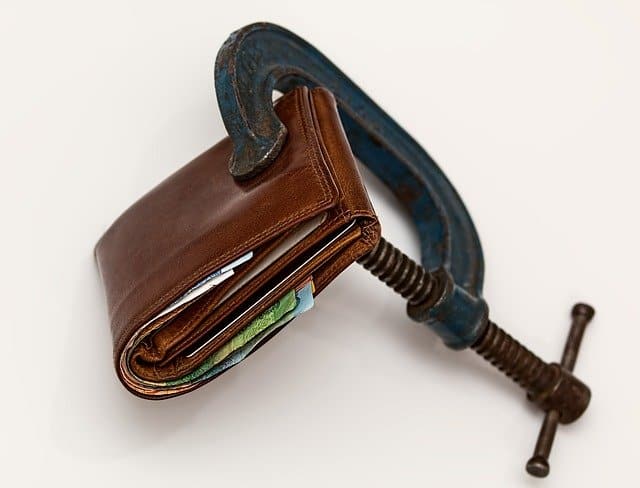In this article, we’ll discuss the important topic of: “Can I Pay the Debt Before the Court Date?”
It seems incredibly stressful to present yourself to the court, especially if it’s for a few unpaid and outstanding debts. Nobody wants that, and even if such a circumstance is created, you can very well be in charge of the situation by agreeing to pay.
It doesn’t matter if you are paying in one go or making part payments. The important thing is that you have decided to pay, even if not altogether. If the credit card company has filed a lawsuit because of some unpaid debts, there’s nothing to worry if you are ready to clear your debts.
Can I pay the debt before the court date?
It’s common to be in this situation, as a circumstance like this may arise for anyone. It is understandable to not be able to pay off all debts because of not a very sound paying capacity at a certain point.
What matters is, one should understand the seriousness of facing a lawsuit by a credit card company and agree to pay even if in small chunks. In an ideal situation, you should be ready to pay because who wants the label of a lawsuit on their case.
As stressful as lawsuits are for you, it is for your creditors and debt collectors as well because they are both expensive and time-consuming. Let your creditors know you are willing to pay before the court date and try to come upon a settlement, and they make withdraw the lawsuit against you.
It doesn’t matter even if you have already received notification of a lawsuit, and it is still not late. You can make up your mind and agree to settle some of your debt, and later contact your creditor party or debt collector to come upon a standard settlement that is feasible for both the parties. It might help your case improve in an instant.
What are the chances of being sued by credit card companies over debt?
Since the company issued the credit card to you, it has the right to sue over unpaid debt whenever the company wants.
- You won’t be sued until six months have passed or longer than this period
- If you haven’t been able to pay in the last six months, then your debt will be reported as uncollectible to the credit bureau
- Under such a condition, debt will be passed to a collections company
What are other ways to settle debt before court date?
This question is relatively simple to answer, given the court isn’t so strict anymore that it will send you to jail for unpaid debts.
- You can pay off your debt before the court date
- Once you realize you can’t make payments, you should immediately start working on your debt settlement
- In case of a lawsuit, it is essential to settle your debt
- Even if it’s small amounts that you can pay, it will save you lengthy court proceedings
What to do with the settlement before the court date?
It is excellent if you are ready to pay all your debt! Settlements are very much appreciated, and it’s great if the case does not have to go to court.
- Try to identify first who is going to sue you, a credit card company or a debt collector
- If you understand it on your own, you can even hire a debt lawyer
- For settlement, it is necessary to have an open conversation with your creditor
What will a debt settlement company do for you?
Debt settlement companies handle both kinds of debts, one known as secured debts, other unsecured debt.
- Secured debt includes boat loan, car loan, and a mortgage
- Unsecured debt comprises Private student loan, medical bill debt, and credit card debt
When should you hire your attorney?
If it’s extremely complicated for you to figure things on your own, you can go with an attorney who will look over a few things for you
- To get you more time from the court
- Give timely response to court summons
- Do all kinds of negotiations related to the case
FAQs
Will hiring an attorney in such a case help?
You can easily handle the case on your own, but there’s nothing like it if you can afford an attorney for your case who can work professionally than you would, along with the creditors. It would even ensure a timely response on all court notifications.
How to prevent a lawsuit?
It’s important to understand that it’s rare to be sued for non-payment on credit cards. But that does not mean we can disobey company guidelines; we must know that our debt can be written off and passed to the credit bureau.
Related Articles:
- How Does Bankruptcy Affect A Cosigner?
- How Much Debt to File for Bankruptcy?
- Can You File Bankruptcy on Court Fines?
- What If My Income Increases During Chapter 13?
Summary
Can I pay the debt before the court date? As explained, one should be able to pay his debt before the court date, for sure. If you don’t want to subject yourself to the lengthy lawsuit proceedings of the court, you must work your way around, and try to be a good paymaster.
https://www.youtube.com/watch?v=4ndvqkPAsYg










